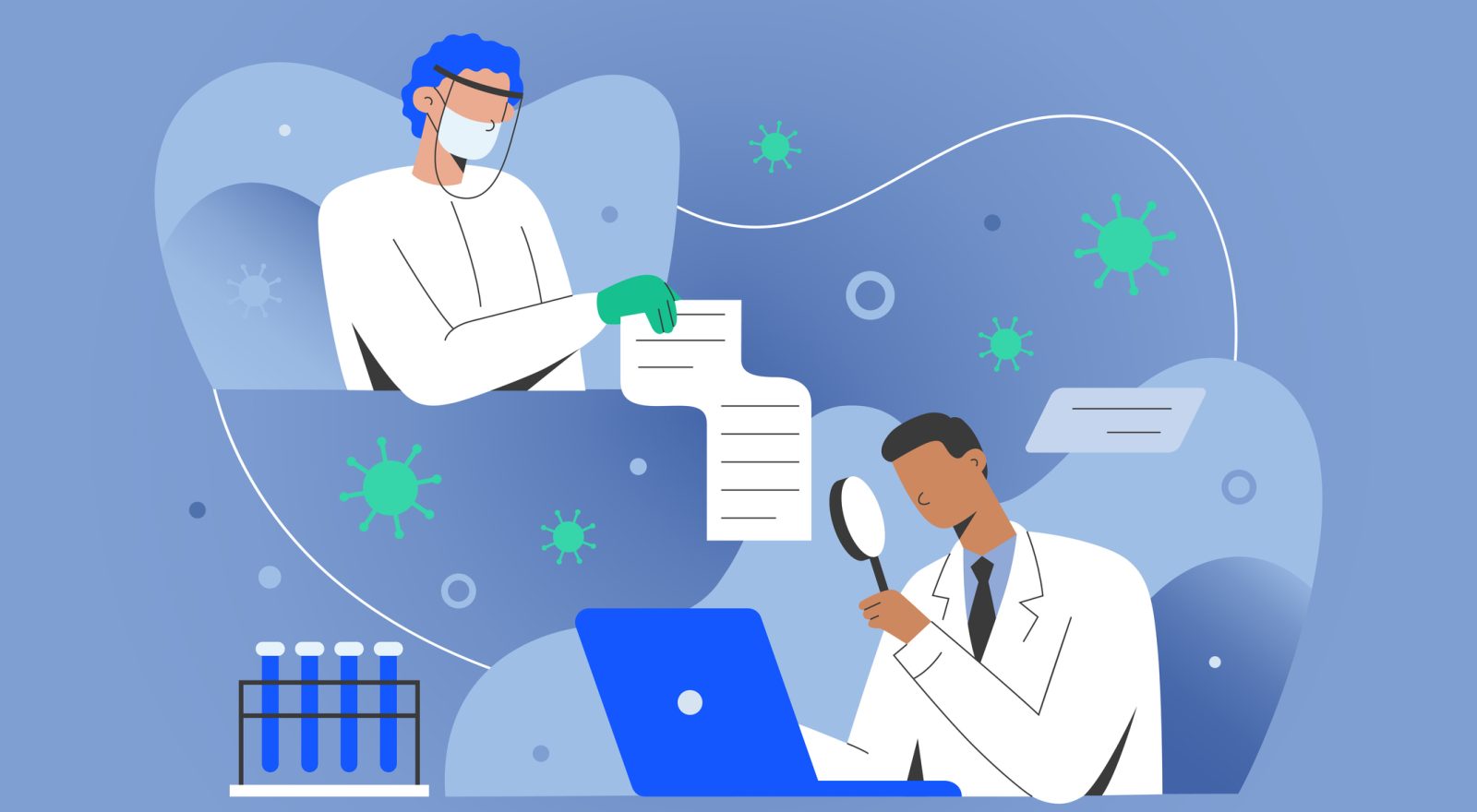The following is an excerpt from Accessing and Analyzing Relevant Content in Today’s Information Chaos.
Content host aggregators simply supply information directly from various sources into one feed or display. Familiar examples would be Google News or Apple News, which pull articles from online media sources such as Reuters, ESPN, and NPR into a single page of headlines.
For researchers and other knowledge workers using aggregators, gathering relevant data effectively can be overwhelming, given the breadth of material and sources available. In these scenarios, researchers and their teams must comb through the immense volume and variety of data to curate, understand, and apply the insights.
Content aggregators fall into three distinct categories:
- Content Hosts: Companies whose primary focus is to provide a hosting service for publishers. Quality and validity can be challenging as these hosts are not typically selective of the content displayed.
- Gateway Hosts: Companies that index or categorize disparate content on other content host services. These services are generally subscription based and host a collection of links to publishers’ full-text content by accumulating abstracts and indexing information. Libraries typically fall into this category.
- Full-Text Aggregators: “Traditional” aggregators of licensed full-text content that encompass everything content and gateway hosts have, but without the subscriptions or creating full-text databases. They centralize access to full content licensing from the original source, which contributes to the validity of the sources and information being provided. Content curation, in addition to aggregation, provides another layer of expertise which leads to greater relevancy and trust in the search results. In particular, this capability provides users with just-in-time decision support.
Where it comes into play
Organizations looking to acquire a content aggregation and curation service should develop criteria to determine which service would best help their users, while considering the following strategic questions:
- How can we help drive decision making in a timely manner with well-organized empirical data?
- How can aggregated content efficiently become curated content?
Users are looking to optimize their workflow without jeopardizing the efficacy of search or losing relevant data in the process. Knowledge workers must be able to pull empirical information that directly relates to the research:
- to amplify efficiency, allowing them to “fail fast” and start down a new path
- to spark inspiration and new ideas, making connections from previously conducted documented work, and
- to navigate their analysis seamlessly based on relevance.
Challenges and opportunities
While Google misses both an organization’s internal data and other licensed sources — and includes a lot of noise in its results, a more effective search tool employs both aggregation and personalization which work together to strike the right balance of relevant results. Working in tandem, aggregation and personalization provide a researcher with comprehensive information that isn’t overwhelming so they can more easily find content that’s relevant to their search.
Keep reading Accessing and Analyzing Relevant Content in Today’s Information Chaos.
Learn more about unifying data sources with flexible prebuilt and custom data connectors in RightFind Navigate.


